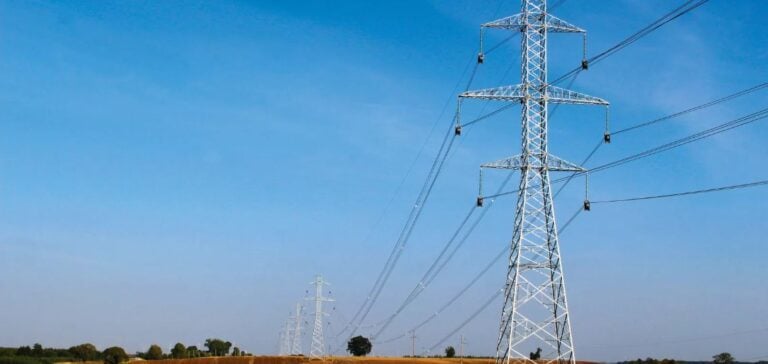For several years, Lithuania and its Baltic neighbors have been working toward energy independence. February 8 marks a decisive milestone as these three countries will completely disconnect their power grids from the Russian system. Starting February 9, they will integrate into the continental European network, achieving full integration into the European Union’s (EU) energy market.
An anticipated protection
To ensure the security of this transition, the Lithuanian government decided to advance by three months the deployment of security measures on the LitPol Link, the electrical interconnection linking Lithuania to Poland. Initially planned for April, this measure will now be operational under the responsibility of the Public Security Service, according to Prime Minister Gintautas Paluckas.
Recurring threats to energy infrastructures
Fears of sabotage are fueled by recent incidents in the region. In December 2024, undersea cables between Estonia and Finland were damaged, leading to an investigation involving a tanker suspected of belonging to the Russian “ghost fleet.” Moscow’s alleged involvement in these acts of sabotage has heightened vigilance among Baltic countries and their European partners.
A project supported by the European Union
Since their independence from the USSR in 1991, the Baltic countries’ power grids remained connected to Russia, relying on Moscow for frequency regulation. In 2018, Lithuania, Latvia, and Estonia secured financial support from the European Union to synchronize their grids with the continental European system. This project addresses a strategic imperative: ensuring stable energy supplies and reducing exposure to geopolitical risks.
The invasion of Ukraine in 2022 reinforced this determination. Since then, the Baltic states have ceased purchasing Russian gas and electricity, asserting their energy and political independence.






















